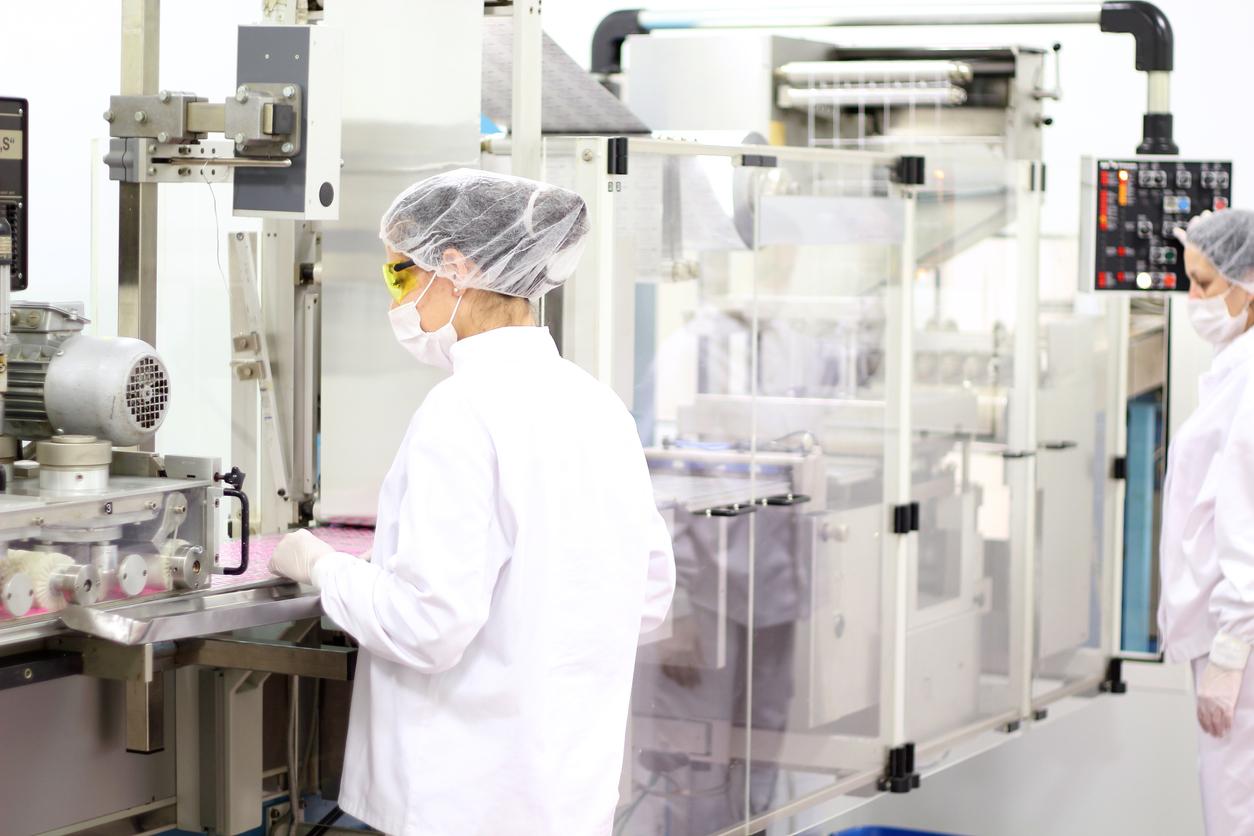When US Food and Drug Administration (FDA) inspectors visited Integra LifeSciences' drug manufacturing facility in Boston in March through May, the company's collagen-based Durepair product failed bacterial endotoxin testing.
The FDA issued a warning letter to the company on July 17 for that and other violations of good manufacturing practices (GMP) tied to its wound care, soft-tissue repair, and reconstructive surgery products. Durepair is a nonsynthetic dura mater substitute used in neurosurgery.
As a result, the company recalled the Durepair products and issued a statement saying it wouldn't distribute them again until it can conform to quality system regulations, hopefully by the end of the year.
Such quality problems are common both in the United States and abroad and often lead to drug recalls, plant closures, and product shortages, said David Margraf, PharmD, PhD, pharmaceutical research scientist at the Resilient Drug Supply Project (RDSP). RDSP is part of the University of Minnesota's Center for Infectious Disease Research and Policy (CIDRAP), publisher of CIDRAP News.
"Failure to follow current good manufacturing practice regulations leads to product defects, contamination, and other issues that harm patient health," Margraf said.
"Additionally, there is a strong positive correlation between maintaining quality standards and drug shortages," he added. "As products are pulled from the market, or citations force the shutdown for cleaning and retooling, the high-quality products we expect to be available for patients are absent from the market."
Drugs for cancer, respiratory diseases
As an example of the fallout of entrenched quality problems, on October 2021, the FDA issued a warning letter citing possible mold contamination from unaddressed water leaks at Teva's Irvine, California, manufacturing facility.
The company responded by recalling more than 2.5 million vials of injectables used for indications such as cancer, arthritis, schizophrenia, and muscle relaxation for intubation. Then it closed the plant permanently. Affected products with more than a 15% market share included, among others, the cancer drugs bleomycin, dacarbazine, and streptozocin.





















